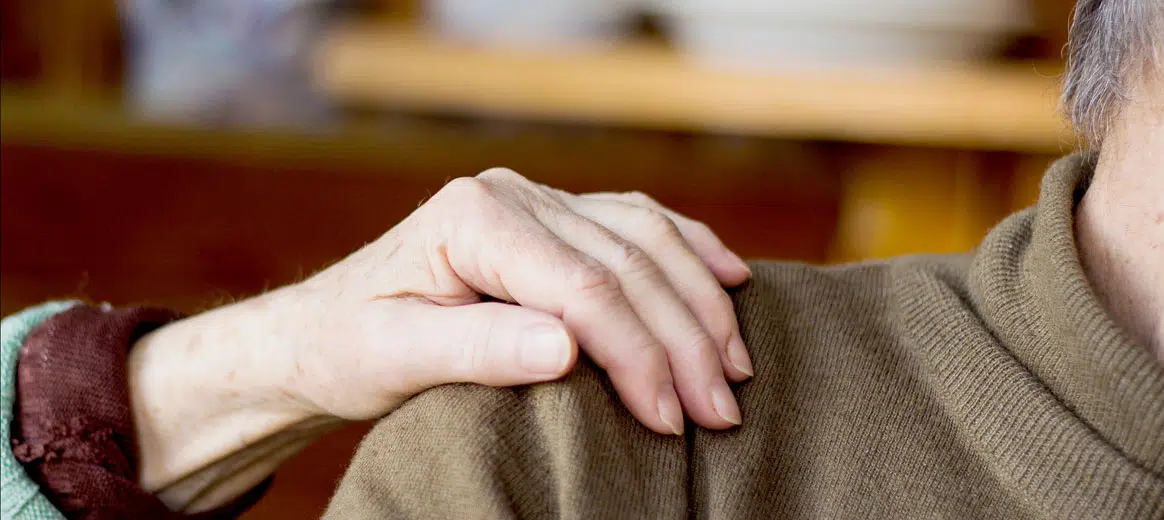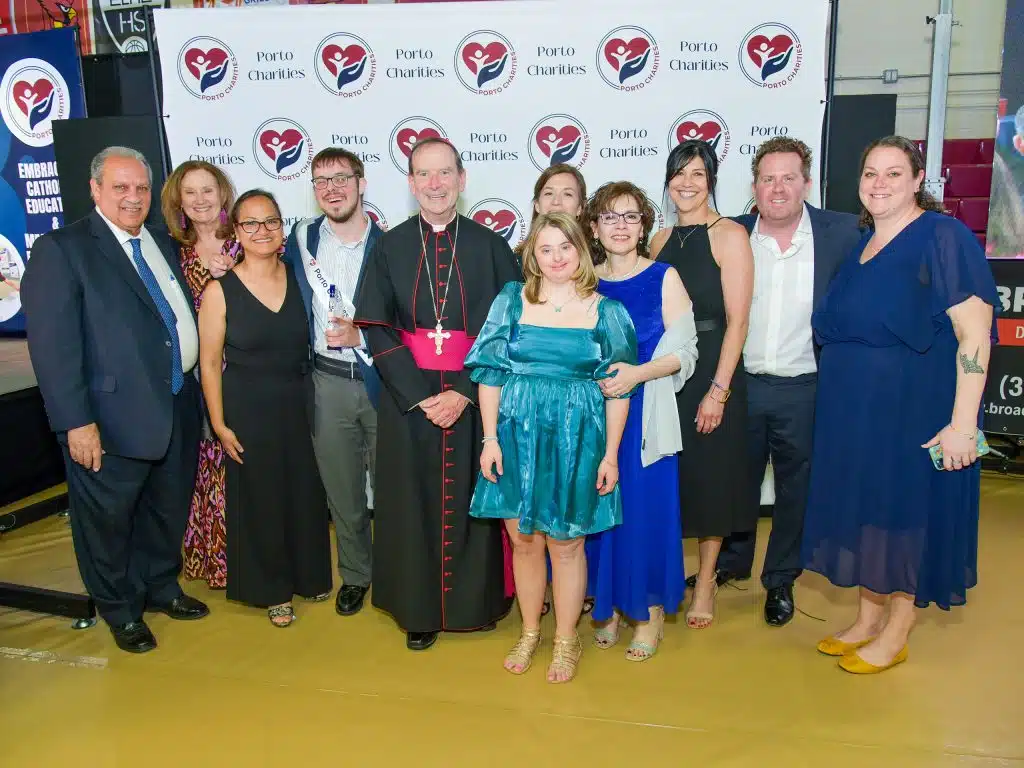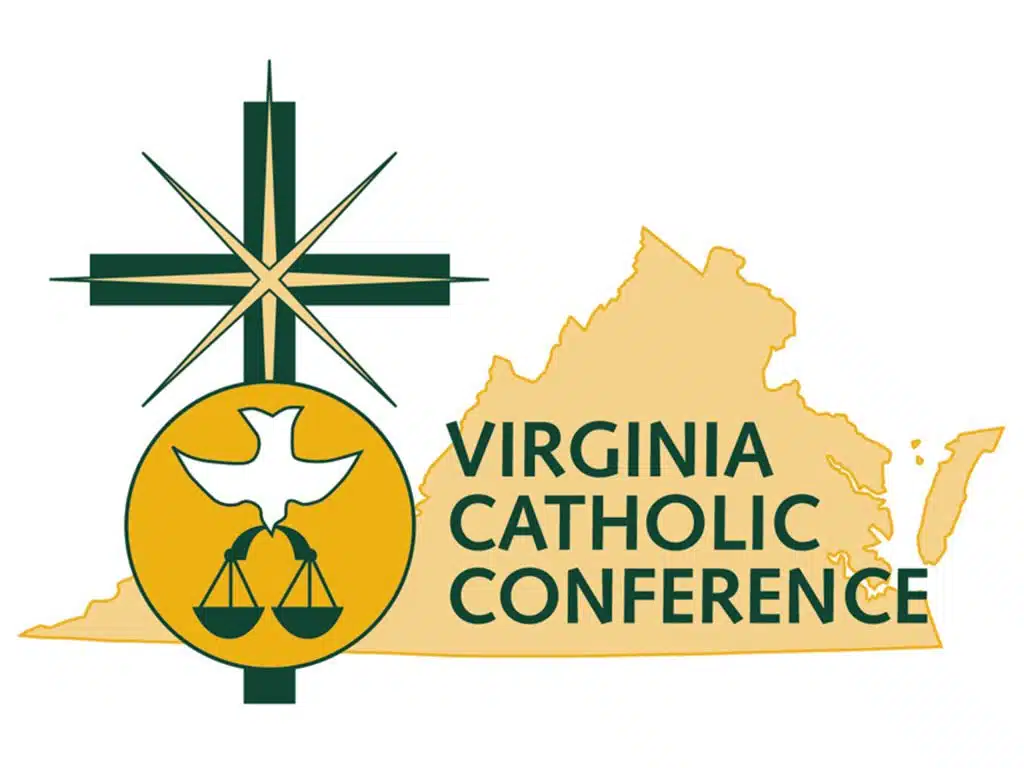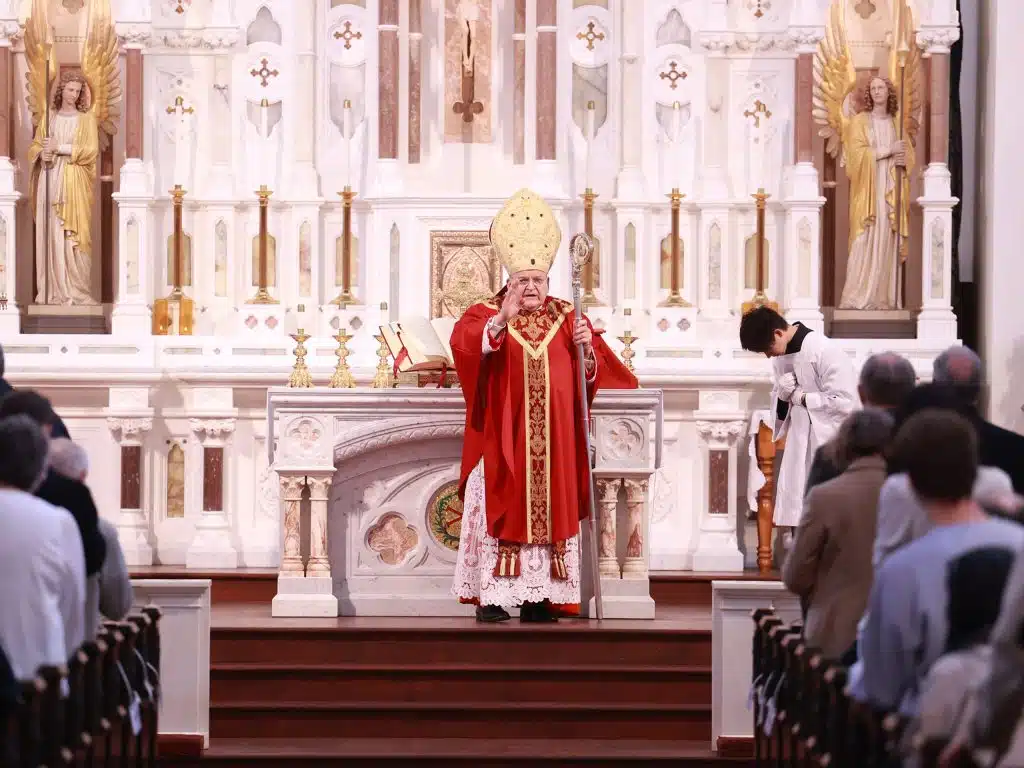Feelings of loss, helplessness, hopelessness, anger and loneliness
can be all too familiar to those who have experienced a separation, divorce or
the death of a loved one. Many parishes in the Arlington Diocese offer support
and guidance for those suffering in the aftermath of loss and looking to move
their lives. One annual program, Rebuilding, is beginning this month.
Rebuilding, a program sponsored by the Office for Family Life, is a nine-part
series designed for adults who want to rebuild their lives after their marriages have
ended. Every winter, St. Martin de Porres Senior Center in Alexandria hosts the
program, and this year it will begin Feb. 26.
Another diocesan program is called Coping. It’s a six-part series that takes place in the fall and supports people who have
experienced immediate trauma. Although about half of the attendees of
Rebuilding come from Coping, there are no prerequisites for either program.
In
Rebuilding, attendees will hear testimonials, eat dinner and discuss chapters from
the books Rebuilding: When Your Relationship Ends and
Widow to Widow.
“Some people feel there is no hope, and exposing them to people who
have been through it (shows) there’s life after your spouse passes away or when
your marriage ends,” said Joe Walker, coordinator of Rebuilding.
Walker had been married for about four years when he divorced in
2006. With three small children and not knowing where to go, he saw an ad for
Coping in a church bulletin and registered. Walker was surrounded by others who
were suffering from the loss of a spouse, too. His outlook improved and
inspired him to enroll in Rebuilding.
About 30 to 40 people attend Rebuilding annually, with a ratio of
two-thirds separated or divorced and one-third widowed. Each Sunday night
begins with prayer and a potluck dinner, followed by the coordinator leading
the discussion and sometimes a guest speaker. Discussions use “rebuilding
blocks,” based from the program’s reading material, to address the process of
grieving, acceptance and adjustment. Later, people gather in small groups led
by a facilitator. It’s in the small groups where participants find the most
help, listening and hearing stories similar to their own.
Walker’s involvement with Coping and Rebuilding continued when he
became a facilitator in 2007 and coordinator in 2009.
“Being a single dad isn’t the easiest thing in the world,” he
said. “But (Coping and Rebuilding) helped me to understand that I am capable of
taking care of myself on my own.”
Walker’s story is not unique. Many facilitators in Rebuilding and
Coping are former participants. Often people find a new community that
understands and supports them.
“I volunteered to become one of the facilitators for these
programs after attending Coping and Rebuilding because I found hope,” said
Alicia Waning, a parishioner of St. Theresa Church in Ashburn. “I wanted to
help others the same way others helped me.”
Waning and her husband, Bob, were married for more than 41 years.
They co-founded Retrouvaille of Northern Virginia to help couples improve their
communication skills. When Bob died of cancer in 2012, Alicia felt as if a part
of her died with him.
“Being able to share with other widows/widowers who were
experiencing similar thoughts and feelings, allowed me to see that there was
hope for me,” she said.
“(People) will find a friendly group,” said Marian Delmore, a parishioner
of Church of the Nativity in Burke. “The important thing about Rebuilding is
you have other people to talk to, you’re not alone.”
Delmore entered Rebuilding in 1995 after her husband died unexpectedly
from a heart attack. She volunteered as a facilitator for Coping in 1996, and
then as a facilitator for Rebuilding in 2007.
Rebuilding and Coping started in the Washington area in 1989.
Since then, more parish-based ministries have begun, including St. Veronica
Church in Chantilly and Good Shepherd Church in Alexandria who offer monthly
discussion groups for the divorced and separated. St. John Neumann Church in
Reston and St. Mark Church in Vienna have eight-week programs for divorced. St.
Mary of Sorrows Church in Fairfax holds a biweekly support group called
“Sharing Hope.” Several other parishes provide quarterly retreats for divorced
called “Mornings of Mercy.”
“Many of my original Coping and Rebuilding peers are now my best
friends,” said Waning. “On many occasions, I find it easier to confide my most
intimate thoughts, fears and feelings with my widow/widower friends than my own
family.”
“It was a very positive experience,” said Delmore. “It just helped
me to feel more grounded and (learn) that there are ways you can rediscover a
part of yourself.”
Find out more
Go to copingrebuilding.com or call 703/596-2673. Go to here to find out more information on diocesan ministries.



